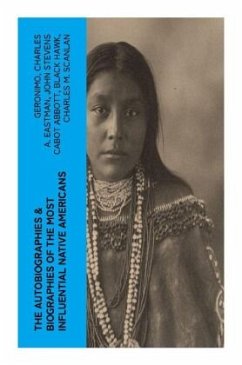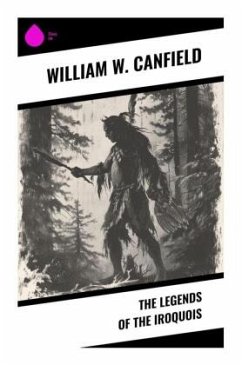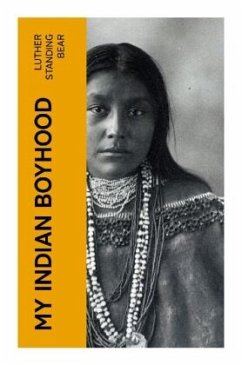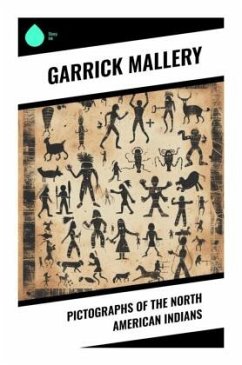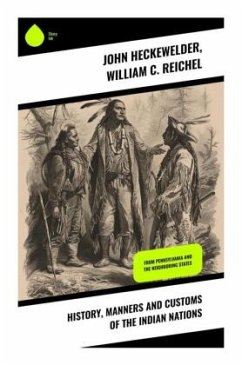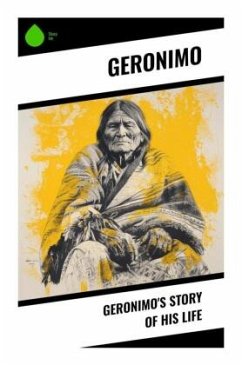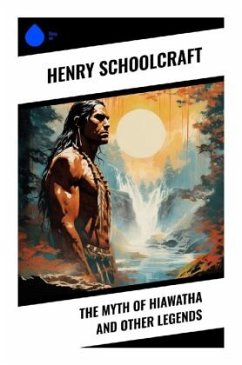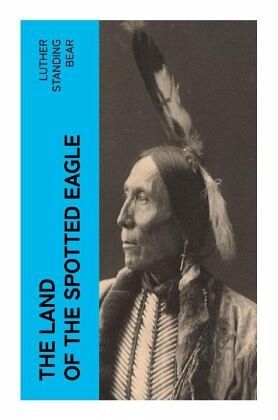
The Land of the Spotted Eagle
An Ethnographic Description of Traditional Lakota Life and Customs

PAYBACK Punkte
0 °P sammeln!
In "The Land of the Spotted Eagle," Luther Standing Bear presents a poignant and immersive exploration of Lakota culture, spirituality, and the profound connection between the Indigenous peoples and their land. With a blend of autobiographical narrative and cultural observations, Standing Bear utilizes a lyrical prose style that resonates with both poetic grace and stark realism. He thoughtfully encapsulates the struggles and resilience of the Lakota people against the backdrop of rapid encroachment by Western civilization, providing a vital perspective on a displaced culture. The book is rich...
In "The Land of the Spotted Eagle," Luther Standing Bear presents a poignant and immersive exploration of Lakota culture, spirituality, and the profound connection between the Indigenous peoples and their land. With a blend of autobiographical narrative and cultural observations, Standing Bear utilizes a lyrical prose style that resonates with both poetic grace and stark realism. He thoughtfully encapsulates the struggles and resilience of the Lakota people against the backdrop of rapid encroachment by Western civilization, providing a vital perspective on a displaced culture. The book is rich with traditional knowledge, offering insights into the rituals, philosophies, and the holistic worldview that defines Lakota life. Luther Standing Bear, an influential figure in the early 20th-century Native American community, was born in 1868 in South Dakota and became a prominent author, translator, and speaker. His experiences as a Lakota leader and a witness to the cultural upheaval brought about by colonization profoundly shaped his writing. Standing Bear served as a bridge between Native culture and Western society, aiming to foster understanding and respect through his works, making this book a critical testament to Indigenous identity and heritage. I highly recommend "The Land of the Spotted Eagle" to anyone interested in gaining a deeper understanding of Native American experiences and wisdom. This work not only serves as a historical document but also as an ongoing dialogue about cultural survival and identity, making it essential reading for scholars, students, and anyone seeking to appreciate the rich tapestry of Indigenous life.




